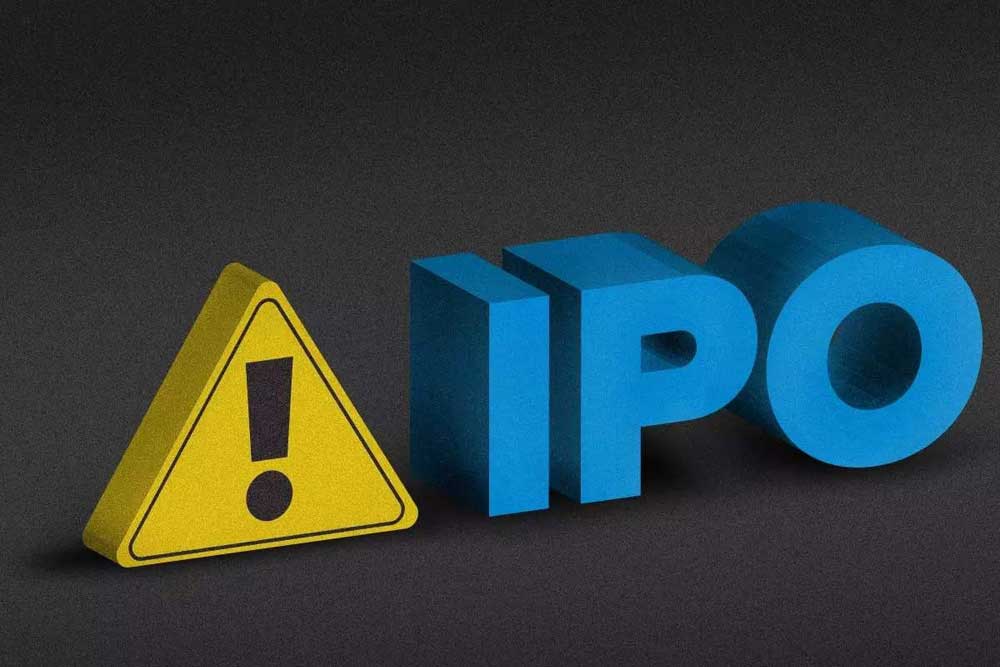Revenue-Based Investing (RBI), Revenue-Sharing Financing (RSF) or Revenue Discount
The innovative business model is called “Revenue-Based Investing” (RBI), “Revenue-Sharing Financing” (RSF) or “Revenue Discount” (RD) and was invented by Marc René Deschenaux. In this model, an investor provides capital to a business, company or organization (“Entity”) in exchange for a percentage of the their ongoing gross or net revenues. Unlike traditional debt financing or … 阅读更多










